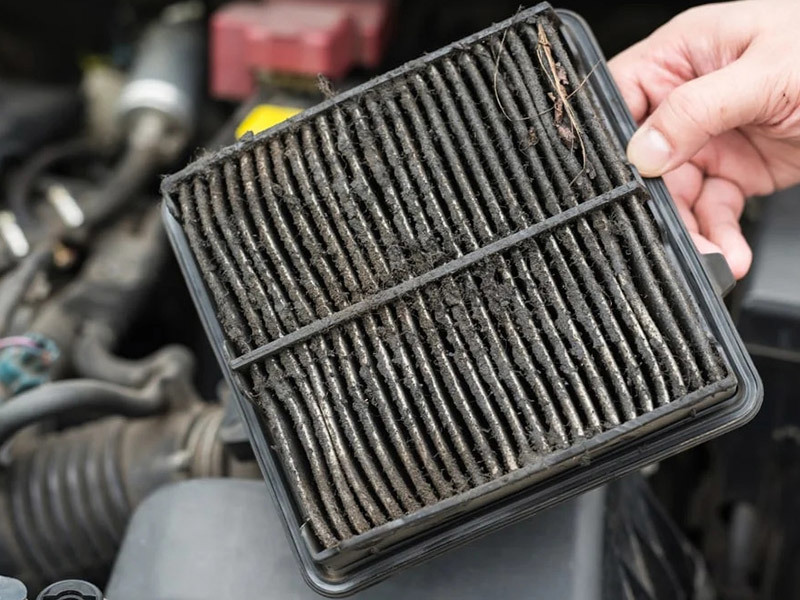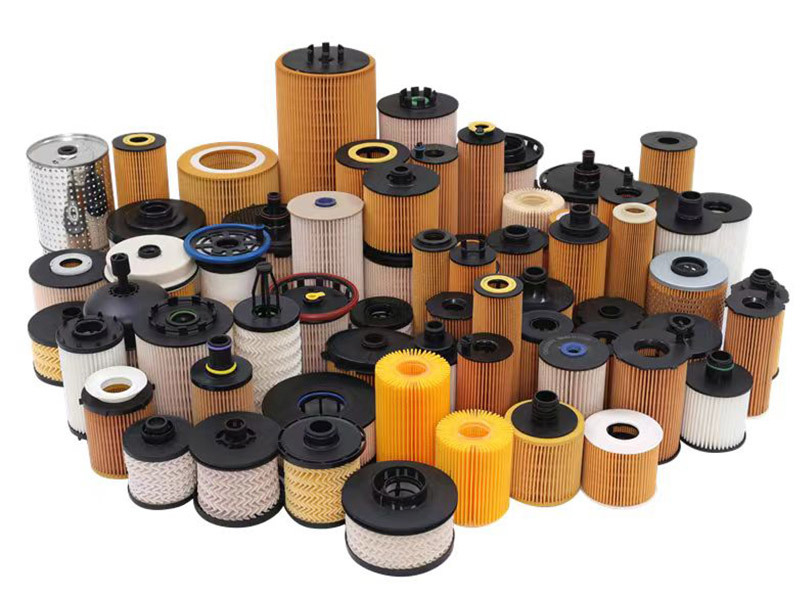Focus On Hot Spots
Contact Info
E-mail: tengsen@injenfilter.com
Business Phone: +86-18131928561
WhatsApp: +86-18131928561
Address: Ge Xianzhuang Zhen Wu Jia Na Cun Xi, Qinghe County, Xingtai City, Hebei Province
The Essential Guide to Understanding Auto Oil Filters for Optimal Vehicle Performance
Release Time:
Oct 02,2025
Auto oil filters play a vital role in ensuring the long-term performance and efficiency of an engine. The primary function of these filters is to remove contaminants from engine oil before it circulates through the engine. Contaminants can include dirt, dust, metal particles, and combustion by-products, which can accumulate over time and threaten engine integrity. By filtering out these harmful su
There are several types of auto oil filters available, each designed to meet specific engine requirements. The most common types include full-flow filters, bypass filters, and cartridge filters. Full-flow filters allow all engine oil to pass through the filter, ensuring that the oil is thoroughly cleaned before it returns to the engine. Bypass filters, on the other hand, are typically used in conjunction with full-flow filters and focus on filtering a small portion of the oil, providing additional contamination removal. Cartridge filters are designed for easy replacement and maintenance, usually housed in a reusable casing.
Choosing the right auto oil filter is essential for optimal engine performance. Factors to consider include compatibility with the vehicle's make and model, the filter's filtration efficiency, and the recommended oil change intervals. High-quality filters often utilize advanced filtration media to capture smaller particles, providing a higher level of protection for the engine. As a result, investing in a reliable auto oil filter can lead to extended oil life, improved fuel efficiency, and reduced emissions.
Regular maintenance of auto oil filters is equally important. It is advisable to change the oil filter during every oil change to ensure that contaminants do not accumulate over time, as a clogged filter can restrict oil flow and lead to inadequate lubrication. Many automotive professionals recommend following the manufacturer’s guidelines regarding maintenance schedules to ensure that the vehicle operates at peak performance.
In summary, understanding the significance of auto oil filters is essential for anyone involved in the automotive industry. These components are not just minor parts; they are critical in safeguarding engine health and performance. By selecting the right type of filter and adhering to a regular maintenance routine, professionals can help ensure that vehicles run smoothly and efficiently throughout their lifespan.
Key words:







